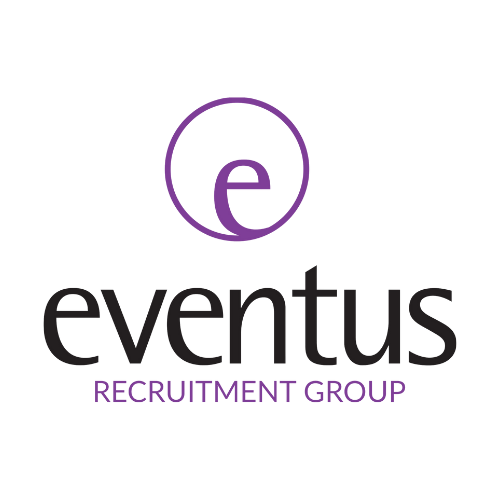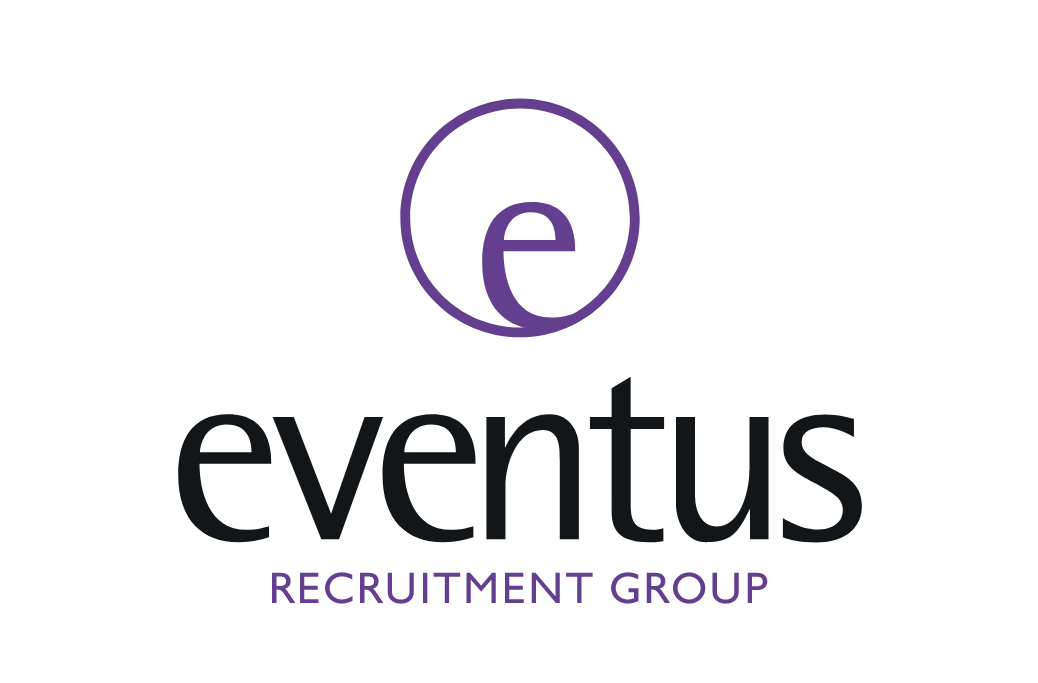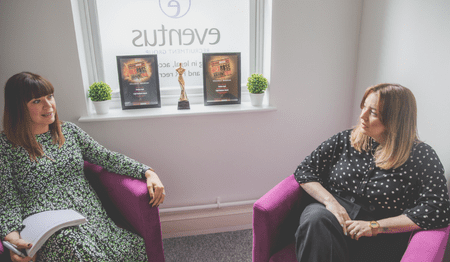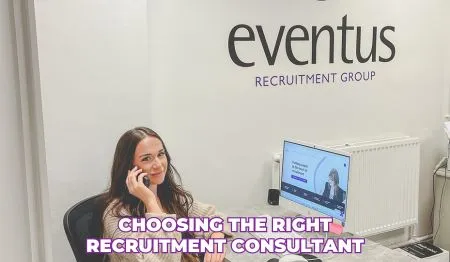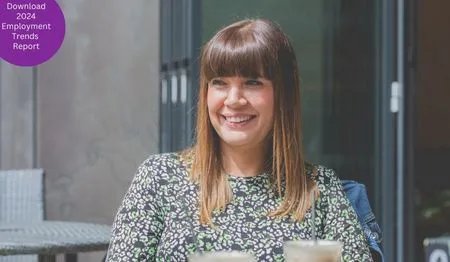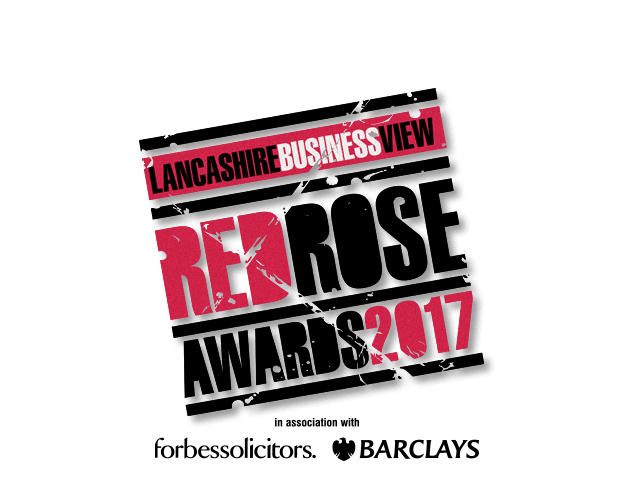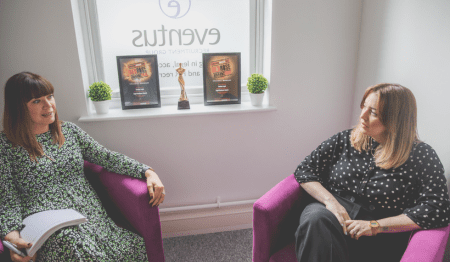What is Personal Development Planning?
Personal development planning is a process, which can help you to achieve your goals in three key areas.
– Career and employability
– Learning
– Personal development
The time and effort you invest in planning around these areas will enable you to continue developing effectively throughout your life.
So, what does Personal Development Planning involve?
There are five stages:
1. Identify – First identify your strengths, the skills you wish to develop and then set yourself realistic goals for each area you wish to focus on: careers and employability, learning or personal development. Are there smaller short-term goals that will lead to your larger goals?
2. Plan – Plan what resources you need and when you intend to work on the goals that you’ve set. Think about how much time you have available each week. Be realistic to ensure your plans are achievable.
3. Action – Carry out the tasks you’ve set yourself for each goal, and be aware of any new skills that you’re picking up along the way.
4. Record – Record how the progress is going: the progress you’ve made and the skills you’re gaining. Where might you need to develop further?
Recording your insights will help to inform your CVs, job applications, discussion at job interviews and developmental reviews. It may also reveal other aspects involved in achieving your goals.
5. Review – Take a step back, collate everything you’ve recorded and review what you‘ve learnt. You should be more aware of your skills and also be able to identify the next area or skill for development.
Remember that this process is flexible. You may identify new areas for development at any time, or realise that you’ve gained a new skill through your work or day-to-day activities. It’s important to record what you’ve achieved and use each stage of the process to help you develop further.
This five step process provides you with a structured framework that enables you to:
- become aware of skills you have
- identify and develop skills you need
- work out what you want to achieve and how to achieve it
- focus on potential career options and goals
- develop a source of information for CVs, job applications and interviews
- to support appraisals at work
- to demonstrate your readiness for promotion or for development opportunities.
About Eventus Legal
Eventus Legal is part of The Eventus Recruitment Group and recruits talented legal professionals for Private Practice and In-House organisations throughout the UK and in particular, across the North West, Yorkshire, North East, Derbyshire and East Midlands regions on both a permanent and contract basis. Flexible working opportunities are also available.Eventus Legal are currently recruiting for a large number of legal roles across the UK on both a permanent and temporary basis, including flexible working. Please consult our job page for listings.
Eventus is Latin for “Results” and our main aim is to provide both candidates and clients with a thorough, professional and effective service.
Receive a Tailored Service from The Eventus Recruitment Group
Here at the Eventus Recruitment Group, we offer realistic, honest and straight forward advice to enhance your career. We can help you to find your next opportunity at no cost to you as a candidate. We recruit for all roles within the legal, HR, Finance and Accountancy sectors. To view our latest jobs, please click here.
We also support you in applying for jobs through finding suitable roles that fit your requirements and skills, CV writing and preparing you for interviews. Get in touch for a confidential discussion.
“I had a great experience with this agency. Jo, the consultant in touch with me for the job I have applied for, really made the difference and I do believe that her advice and assistance made the difference. Very professional, always available, 100% satisfied.”– Former candidate of the Eventus Recruitment Group
If you would like help hiring for a vacancy, please click here to contact us.
Follow us on Facebook, Twitter and LinkedIn for the latest jobs and updates from us.
